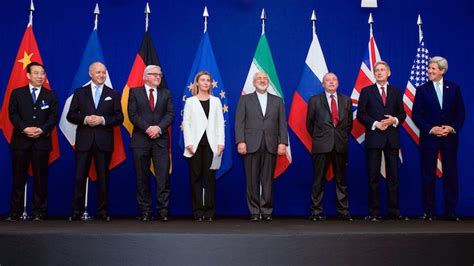Tom Fletcher, a seasoned diplomat and former advisor to multiple U.K. prime ministers, shared valuable insights on how Britain’s incoming ambassador to the United States can establish a successful relationship with Donald Trump. As the world eagerly watched the transition of power in Washington, Fletcher’s wisdom offered a roadmap for diplomatic success.
Fletcher emphasized the importance of avoiding an overly eager or superficial approach when engaging with President Trump. In a recent interview, he advised against getting bogged down in trivial matters like press conference lengths or tweet content. Instead, he encouraged a focus on building genuine connections and understanding the art of negotiation in the “transactional” landscape that characterized dealings under Trump’s administration.
“My advice to the U.K. is: Don’t get too hung up on the cosmetic stuff,”
Fletcher remarked thoughtfully. He highlighted the significance of emotional intelligence and interpersonal skills in navigating complex international relationships—a skill set he believes Peter Mandelson, Britain’s new ambassador to the U.S., possesses in abundance.
Describing Mandelson as “a supreme political operator,” Fletcher noted his ability to forge meaningful connections and extract favorable outcomes from interactions—an essential quality when dealing with high-stakes international diplomacy. He expressed optimism about how Mandelson’s strengths align with the challenges posed by Trump’s leadership style, hinting at potential opportunities for fruitful collaboration between the two nations.
In dissecting Trump’s preferences and tendencies, Fletcher alluded to the allure of grand gestures and opulent displays that might catch the president’s attention. He suggested that while it was crucial not to appear desperate or pandering, there could be strategic value in leveraging British flair for pageantry and tradition to strengthen diplomatic ties.
“There’s a danger that we get too caught up in…things that Donald Trump might want.”
This cautionary advice underscored Fletcher’s nuanced understanding of balancing national pride with pragmatic relationship-building strategies—a delicate dance necessitated by shifting global dynamics.
As discussions swirled around potential concessions or compromises required to secure favorable trade deals or policy outcomes from the U.S., Fletcher remained steadfast in his belief that maintaining integrity and autonomy should form the cornerstone of Britain’s approach. Rejecting notions of subservience or undue influence, he advocated for mutual respect tempered by clear-eyed pragmatism in pursuing shared objectives.
Transitioning from political prognostications to humanitarian challenges, Fletcher delved into his role as UN humanitarian aid chief overseeing relief efforts in conflict zones globally. Reflecting on his experiences visiting war-torn regions like Ukraine during harsh winter conditions, he painted a stark picture of human suffering amidst geopolitical turmoil.
“It’s tough…it must be a horrific place to fight…”
These poignant words captured not just the physical hardships faced by those caught in conflicts but also highlighted the broader struggles encountered by aid organizations striving to deliver assistance amid funding shortages and logistical complexities.
Acknowledging mounting pressures on humanitarian agencies like the UN due to budget constraints and escalating crises worldwide, Fletcher spoke candidly about the urgent need for improved coordination and resource allocation to address growing needs effectively. His call for enhanced efficiency mirrored broader concerns within international aid circles grappling with unprecedented demands amidst dwindling financial support.
In conclusion, Tom Fletcher’s multifaceted insights transcended mere diplomatic discourse—they offered a compelling narrative of resilience, compassion, and strategic acumen essential for navigating today’s turbulent geopolitical waters. As Britain charts its course in an evolving global landscape shaped by unpredictable forces, his words serve as both guideposts and reminders of diplomacy’s enduring power amidst uncertainty.




Leave feedback about this